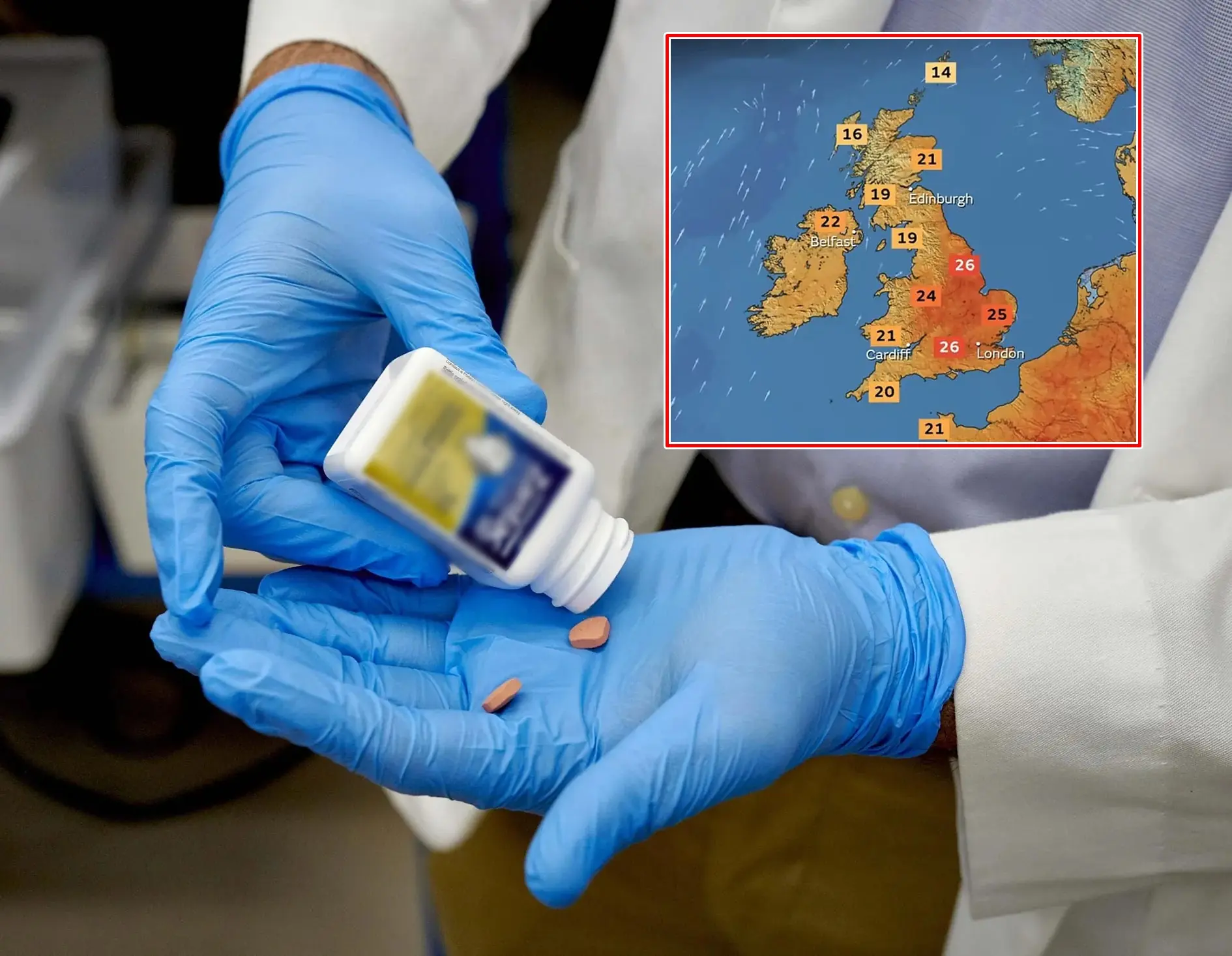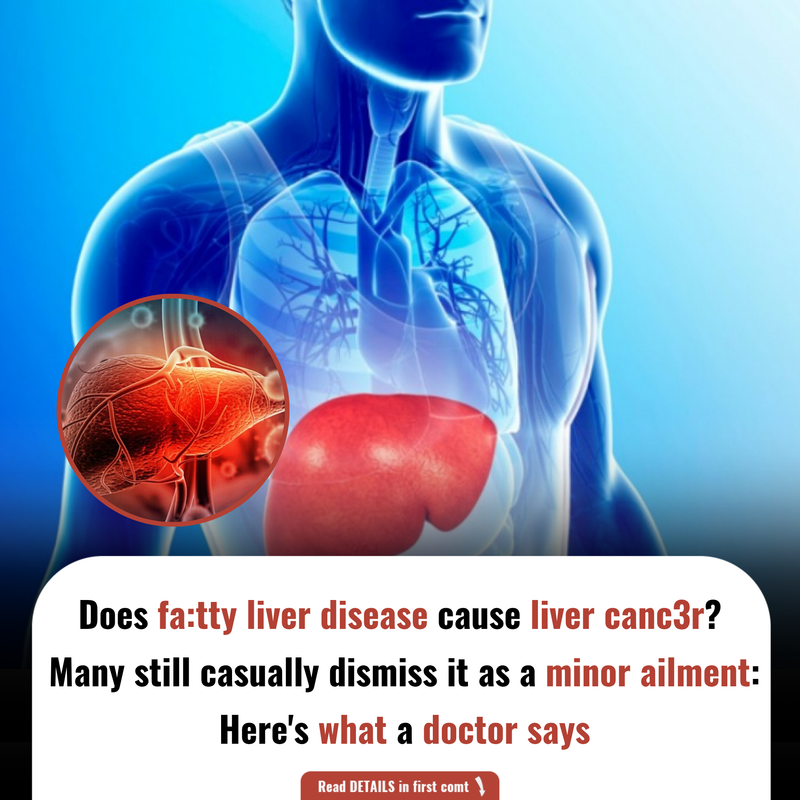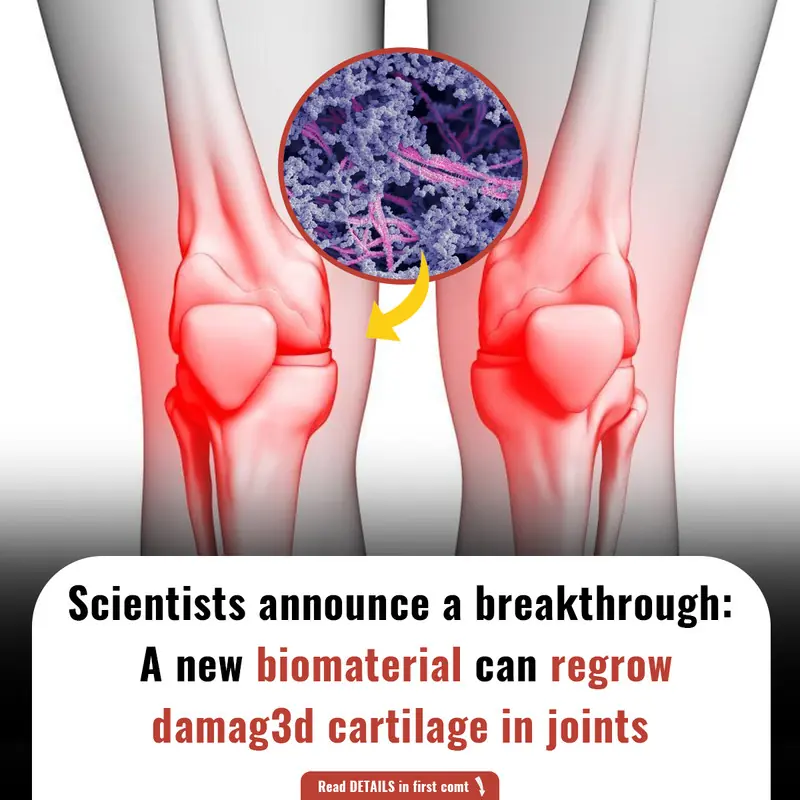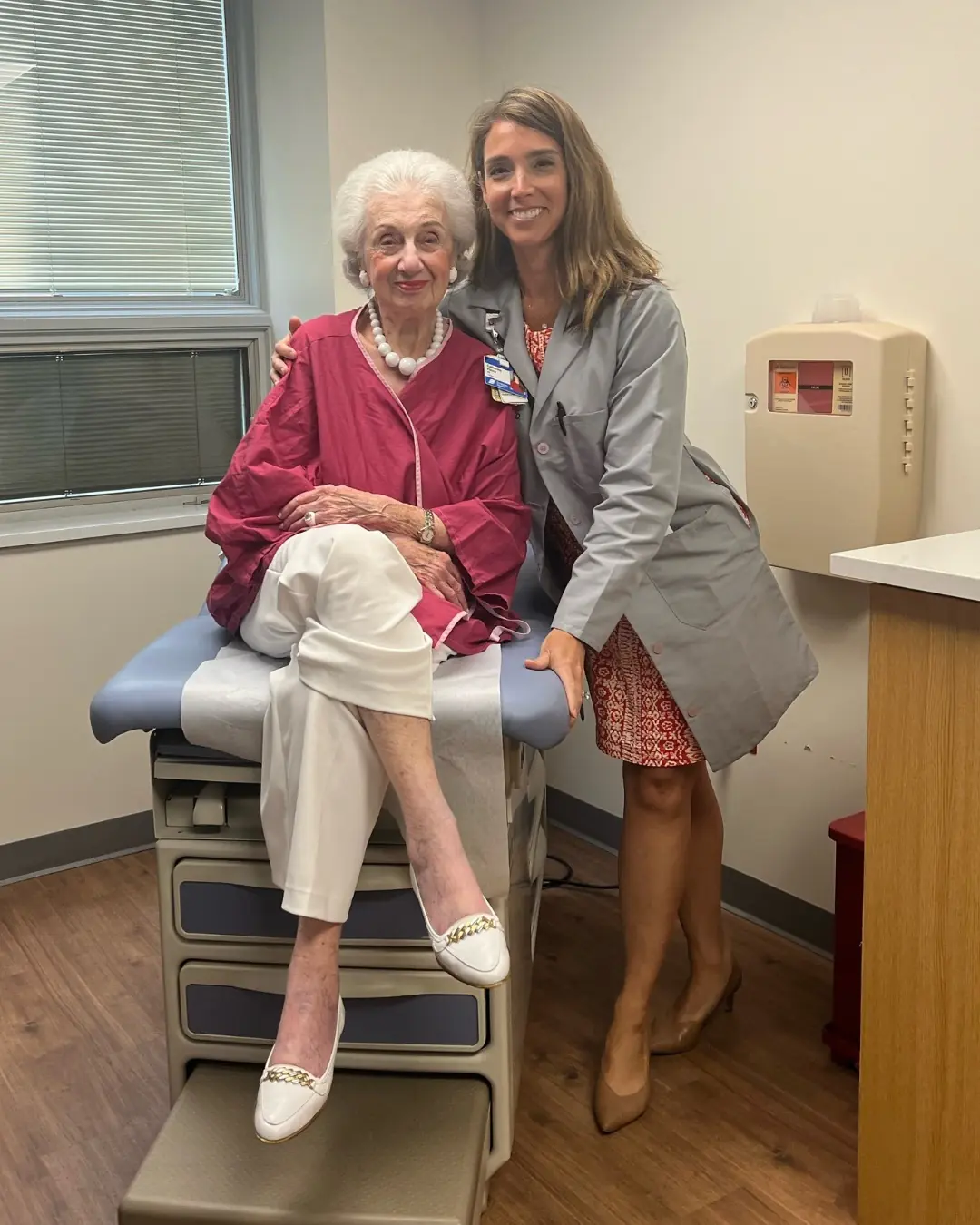
Warning over common over-the-counter drug that can fuel cancer in warm weather
It is crucial for individuals taking these medications to be aware of the potential risks and to take appropriate steps to protect their skin from harmful UV radiation.
Fatty liver disease is a silent threat that can escalate to severe liver complications, including cancer, if left unaddressed.
Understanding the Silent Progression: From Fatty Liver Disease to Liver Cancer
Fatty liver disease, or hepatic steatosis, is a condition characterized by excessive fat accumulation in liver cells, comprising more than 5% of the liver's weight. While often asymptomatic in its early stages, if not managed properly, it can progress to more severe liver conditions, including cirrhosis and hepatocellular carcinoma (HCC), the most common form of liver cancer.
The Stages of Fatty Liver Disease
Simple Fatty Liver (Grade 1): In this initial stage, fat accumulates in liver cells without causing inflammation or liver cell damage. It is often reversible with lifestyle modifications such as weight loss, regular exercise, and a balanced diet.
Non-Alcoholic Steatohepatitis (NASH): This stage involves inflammation of the liver along with fat accumulation, leading to liver cell damage. If left untreated, NASH can progress to fibrosis, cirrhosis, and eventually liver cancer.
Cirrhosis: Characterized by extensive scarring of the liver tissue, cirrhosis impairs liver function and increases the risk of developing liver cancer.
Hepatocellular Carcinoma (HCC): The final stage where malignant liver cells proliferate, leading to liver cancer. This stage is often associated with poor prognosis due to the liver's compromised function.
Risk Factors Contributing to Fatty Liver Disease
Several factors increase the risk of developing fatty liver disease:
Obesity and Overweight: Excess body fat, particularly abdominal fat, is a significant risk factor.
Type 2 Diabetes: Poorly controlled blood sugar levels can lead to fat accumulation in the liver.
High Cholesterol and Triglycerides: Elevated levels of fats in the blood contribute to liver fat deposition.
Sedentary Lifestyle: Lack of physical activity impairs fat metabolism and promotes fat storage in the liver.
Unhealthy Diet: Diets high in refined sugars, unhealthy fats, and processed foods can lead to liver fat accumulation.
Genetic Factors: Family history and certain genetic predispositions can increase susceptibility.
Symptoms and Early Detection
Fatty liver disease often progresses without noticeable symptoms. However, as the condition advances, individuals may experience:
Fatigue and general discomfort
Pain or a feeling of fullness in the upper right abdomen
Unexplained weight loss
Jaundice (yellowing of the skin and eyes)
Swelling in the abdomen (ascites)
Easy bruising or bleeding
Early detection through regular health check-ups, including liver function tests and imaging studies like ultrasound, is crucial for effective management.
Preventive Measures and Management
To prevent the progression of fatty liver disease, consider the following strategies:
Maintain a Healthy Weight: Achieving and maintaining a healthy weight through a balanced diet and regular exercise can significantly reduce liver fat.
Adopt a Balanced Diet: Consume a diet rich in fruits, vegetables, whole grains, and lean proteins. Limit intake of sugary beverages, processed foods, and saturated fats.
Regular Physical Activity: Engage in at least 30 minutes of moderate-intensity exercise most days of the week.
Limit Alcohol Consumption: Excessive alcohol intake can exacerbate liver damage.
Manage Underlying Health Conditions: Proper management of diabetes, high cholesterol, and hypertension can prevent liver complications.
Regular Monitoring: Individuals at risk should undergo regular screenings to monitor liver health.
Conclusion
Fatty liver disease is a significant health concern that can lead to serious liver complications, including cancer, if not addressed. Early detection, lifestyle modifications, and regular monitoring are essential in preventing the progression of this condition. Individuals should consult healthcare professionals for personalized advice and management strategies.

It is crucial for individuals taking these medications to be aware of the potential risks and to take appropriate steps to protect their skin from harmful UV radiation.

Instead of relying on sleep aids or medications, individuals may be able to improve their sleep naturally by making small, sustainable changes to their diet.

With the rising temperatures and the potential for bacteria growth in the heat, it’s essential to adjust your food storage practices to ensure your meals remain safe and enjoyable.

While protein shakes have become a staple for many individuals looking to maintain muscle mass or lose weight, recent research suggests that these seemingly innocent supplements may pose significant risks to long-term health.



While many of these foods may be considered indulgent or "fancy," the risks they pose are very real and can have life-threatening consequences.













A groundbreaking app, Circadian AI, developed by a 14-year-old, uses machine learning to analyze heart sounds and detect early signs of heart disease with 96% accuracy in just seven seconds.

Mary's inspiring story of overcoming a turbulent childhood, discovering her roots, and finding love and happiness. A tale of resilience, self-discovery, and the power of family.

At 100, Layne Horwich faced bre@st canc3r with bravery. Learn how her active lifestyle, strong will, and a decision to undergo surgery helped her beat canc3r and inspire others to prioritize their health.

Inspired by Sandra Bullock's profound wisdom, this piece explores the power of choosing peace over retaliation. Learn how empathy, silent strength, and the courage to move forward define true resilience and foster personal growth in the face of disrespect

Mason Wartman’s Rosa’s Fresh Pizza turned $1 slices into a kindness movement. Read his story! ❤️🍕

Discover the history and beauty of Hàng Trống paintings, one of Vietnam's three most iconic folk art traditions. Learn about its cultural significance and lasting impact, showcased through the eyes of an artisan at work.

Ada Blackjack survived alone in the Arctic for two years, a forgotten hero. Discover her incredible story! ❤️❄️

Found tied up and heartbroken, one dog's life changed forever. Discover his journey from abandonment to a loving home, a powerful story of rescue, unconditional love, and the profound joy of giving a second chance to a deserving soul.

Discover the incredible journey of a family from hardship to success. From being placed in a Catholic orphanage to serving in WWII, this family's resilience and love for each other became their strength.

It is crucial for individuals taking these medications to be aware of the potential risks and to take appropriate steps to protect their skin from harmful UV radiation.

A wealthy father goes undercover as a poor man to test the sincerity of his son’s fiancée and her wealthy parents. Tension builds as the family tries to humiliate him, but an unexpected revelation leaves everyone speechless.

After being unfairly blamed for a mess at the office, Valya finds an unexpected ally in her office rival, Marianna. Together, they confront the CEO, and Valya learns the power of standing up for herself. A story of empowerment, confrontation, and self-wor

Instead of relying on sleep aids or medications, individuals may be able to improve their sleep naturally by making small, sustainable changes to their diet.

Lonely pensioner, Brenda, has spent most of her life providing shelter cats with a forever home. When her newest pet, Lucky, starts bringing home dollar bills, Wendy quickly realizes something suspicious is happening in her neighborhood.

With the rising temperatures and the potential for bacteria growth in the heat, it’s essential to adjust your food storage practices to ensure your meals remain safe and enjoyable.

While protein shakes have become a staple for many individuals looking to maintain muscle mass or lose weight, recent research suggests that these seemingly innocent supplements may pose significant risks to long-term health.



A strange sound from the bathroom on a cross-country flight gives flight attendant Lenna a terrible fright. Little does she realize that the kid inside will forever change her life.

While many of these foods may be considered indulgent or "fancy," the risks they pose are very real and can have life-threatening consequences.
